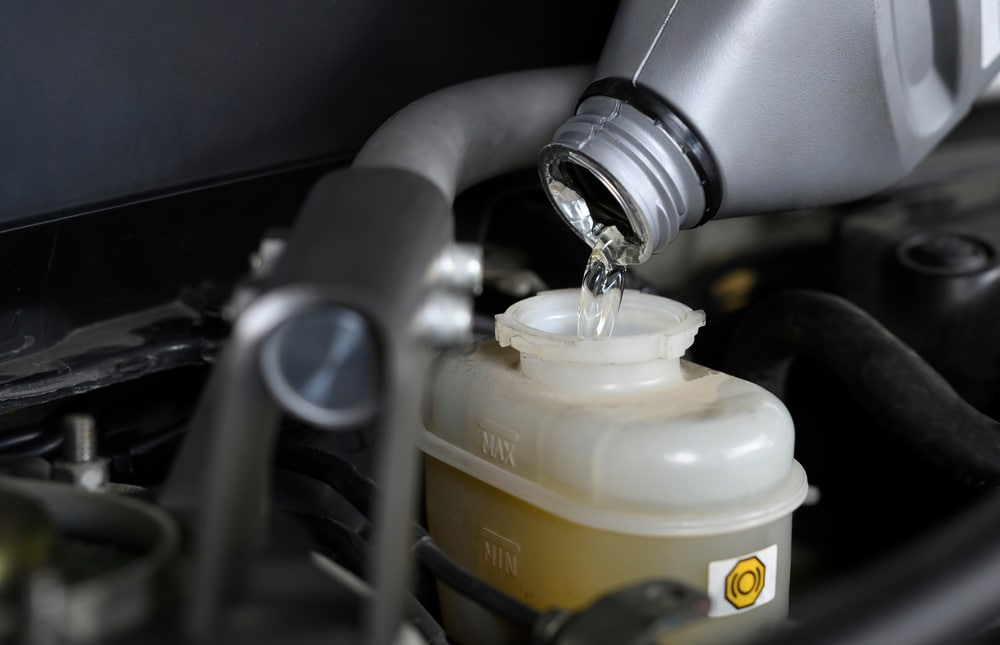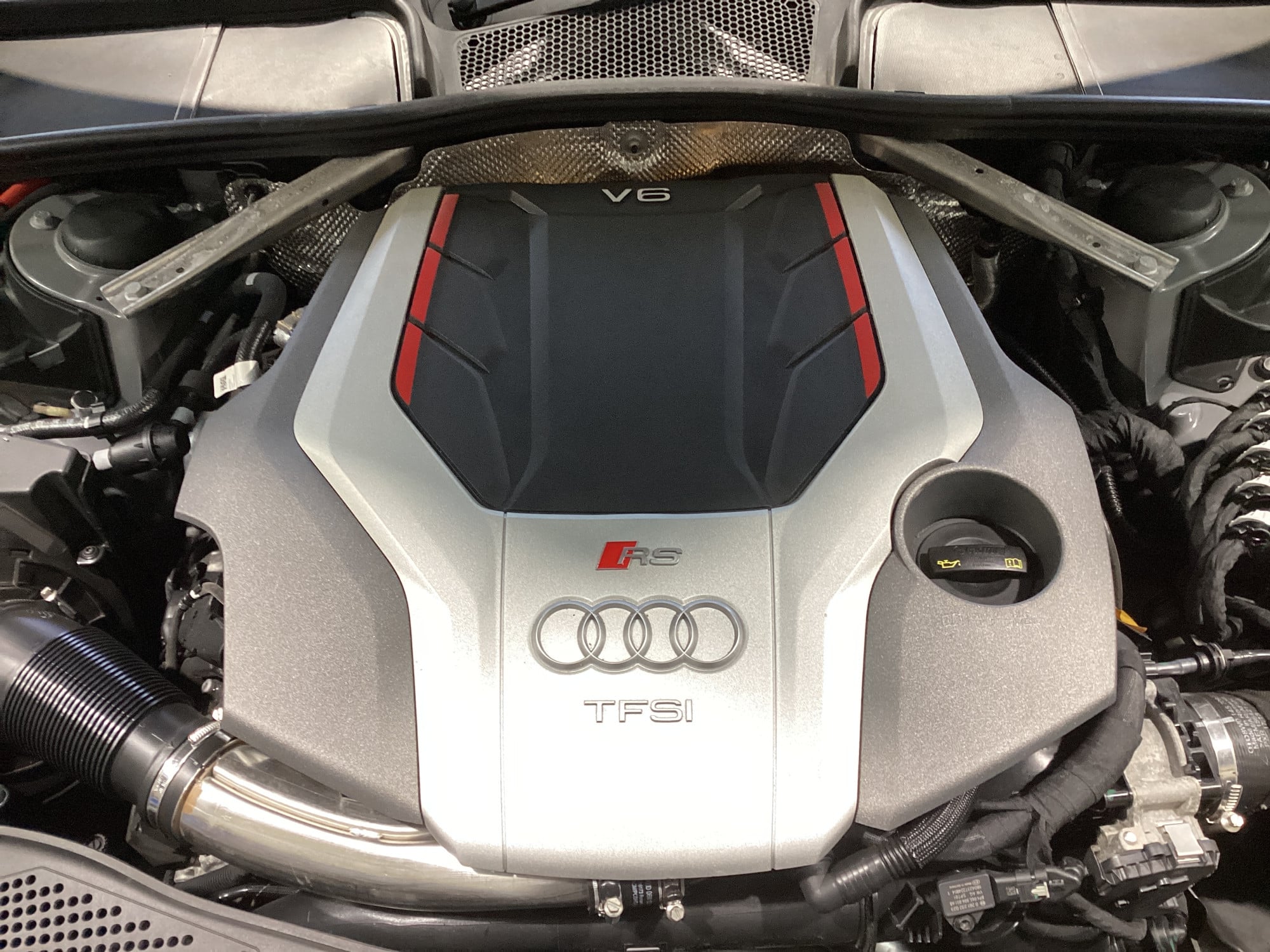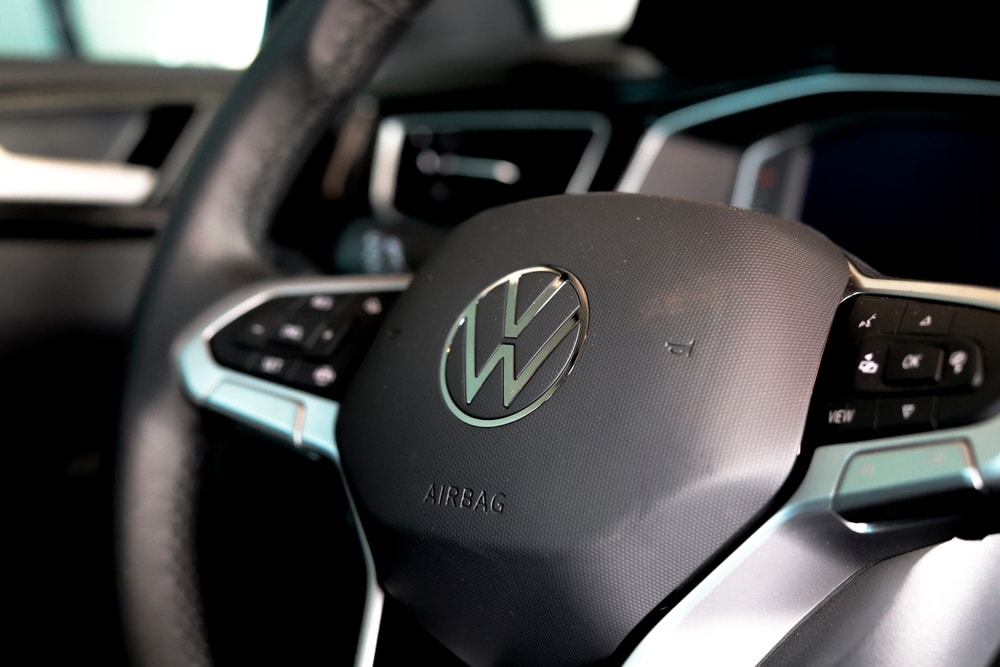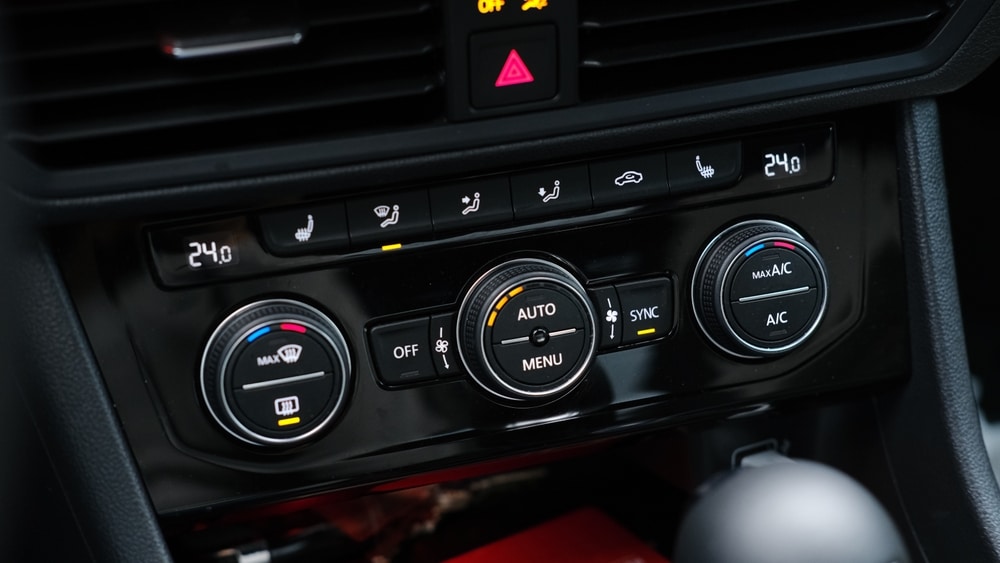Brake Fluid
Most drivers rarely consider brake fluid, yet it’s essential to your vehicle’s ability to stop safely. Over time, brake fluid deteriorates, taking in moisture and losing the sharp responsiveness you rely on when it counts most — during sudden braking.
That’s why keeping up with regular brake fluid checks and changes is not just routine maintenance; it’s a key safety measure.
At Ystrad Service Centre, we provide expert brake fluid changes that meet manufacturer standards, delivering the same level of quality you’d expect from a main dealer, but with better value. Call us today on 01443 540460 to book your brake fluid change or check. We proudly serve drivers across Ystrad Mynach, Caerphilly, and Cardiff, and can assess your wider braking system to ensure you stay safe on the road.
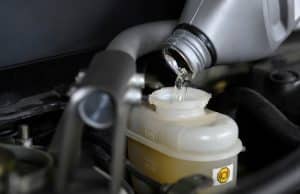
Understanding Brake Fluid: Why It’s Essential
Brake fluid may be small in volume, but it’s one of the most important elements in your car’s safety. It ensures the brake pedal feels firm, shields vital parts from corrosion, and keeps the braking system ready when you need it most.
This fluid is a type of hydraulic liquid, designed to transmit the force from your foot on the brake pedal to the wheels. Because it cannot be compressed, the pressure moves quickly and precisely through the system. Each press of the pedal pushes the fluid through lines and into components such as callipers or wheel cylinders, which then clamp the brake pads or shoes into place.
Yet brake fluid’s role isn’t limited to pressure transfer. It also lubricates and protects internal parts, even when operating under intense pressure and high temperatures. It needs to stay stable and effective under these conditions to maintain consistent performance.
That’s why ensuring the correct type of fluid, in the right condition, is critical. With safety depending on quick and reliable braking, this is not a component to overlook.
How Brake Fluid Delivers Braking Power
Each time you press the brake pedal, you create pressure inside the master cylinder. That pressure is transmitted by the brake fluid through a sealed hydraulic system, instantly reaching the callipers or wheel cylinders. This pressure forces the brake pads or shoes against the brake discs or drums, producing the friction needed to slow the vehicle.
Because brake fluid is incompressible, it transfers this pressure evenly and without delay, giving you a firm, consistent braking feel. But its role doesn’t end there — it must remain stable under extreme heat and protect the system from corrosion to keep braking performance reliable.
Advanced safety features like ABS and stability control also rely on this precise hydraulic pressure. If the brake fluid becomes degraded, these systems may not respond as designed, putting both your stopping distance and safety at risk.
Even though it appears minor, brake fluid plays a powerful role in keeping your car’s entire braking system performing at its best.
Locating Your Vehicle’s Brake Fluid Reservoir
If you’ve ever looked under the bonnet and noticed a small, semi-transparent container near the back of the engine bay, that’s almost certainly the brake fluid reservoir. It’s positioned on top of the master cylinder, typically towards the driver’s side bulkhead, so technicians can easily check the fluid level during a brake fluid change or routine service.
The reservoir is designed with clear level markings (MAX and MIN) so that fluid levels can be checked without removing the cap. Inside, there is a rubber diaphragm or seal that prevents moisture and air from entering, which is important because brake fluid naturally absorbs water over time — reducing its boiling point and overall efficiency if neglected.
Even though it’s small, the brake fluid reservoir acts as a critical indicator of your braking system’s health. If the fluid level drops, appears dark, or shows signs of contamination, it’s time to have the system inspected. Our team at Ystrad Service Centre in Ystrad Mynach can carry out a full brake fluid check and advise on a brake fluid change if required, ensuring the entire braking system continues to work reliably.
Understanding the Different Types of Brake Fluid
Not all brake fluid is the same, and using the wrong one can harm your braking system or reduce stopping power. Each type of brake fluid is designed to withstand specific pressures and temperatures, so it’s essential that the correct type is used.
Here are the most common types you’ll come across:
• DOT 3 Brake Fluid – A glycol-based fluid with a lower boiling point, often found in older vehicles. It absorbs moisture over time, which can affect performance if left unchanged.
• DOT 4 Brake Fluid – The most widely used fluid in modern vehicles, offering a higher boiling point than DOT 3. It’s ideal for systems with ABS and requires regular replacement to remain effective.
• DOT 5 Brake Fluid – A silicone-based fluid that doesn’t absorb moisture, typically used in specialist or classic cars. It must not be mixed with DOT 3 or DOT 4, as this can cause serious damage.
• DOT 5.1 Brake Fluid – Delivers performance similar to DOT 5 but is glycol-based, making it compatible with DOT 4 systems while offering enhanced thermal resistance.
At Ystrad Service Centre in Ystrad Mynach, our technicians use the manufacturer-recommended brake fluid during every brake fluid change, ensuring your braking system stays reliable and safe.
What Can Impact the Performance of Brake Fluid?
Brake fluid might sit inside a sealed system, but that doesn’t mean it stays in perfect condition forever. Over time, heat cycles, moisture build-up, and other contaminants gradually reduce its ability to maintain the firm braking response you rely on. Ignoring these factors can make a brake fluid change essential far sooner than expected.
Here’s what can affect brake fluid over time:
• Moisture Absorption – Brake fluid is hygroscopic, meaning it draws in moisture from its surroundings. As water content rises, the fluid’s boiling point drops, increasing the risk of vapour lock when braking hard.
• Heat and Pressure – Constant exposure to the high temperatures generated during braking can cause the fluid to degrade chemically, reducing its overall stability and effectiveness.
• Chemical Additives Breaking Down – Over time, protective additives lose their strength, leaving components like seals and callipers more exposed to wear or corrosion.
• Contamination – Small particles from rust, seal deterioration, or debris can enter the fluid, affecting its ability to maintain proper pressure and risking damage to key components.
• Age or Incorrect Fluid – Brake fluid deteriorates even when the vehicle isn’t in use. Using an outdated fluid, or mixing the wrong type, can reduce braking efficiency and interfere with advanced systems that rely on the correct specifications, such as those requiring DOT 4 brake fluid.
Brake fluid might seem fine during daily driving, but it can fail suddenly during emergency braking. At Ystrad Service Centre in Ystrad Mynach, we carry out professional brake fluid changes to manufacturer standards, helping you avoid costly repairs and keep your car safe on the road.
Recognising When Brake Fluid Needs Attention
Brake fluid doesn’t trigger a dashboard warning light, but that doesn’t mean there are no early signs. Knowing what to look for — and acting quickly — can help you avoid sudden braking issues and keep your vehicle safe.
Here are the key signs that your brake fluid might require a change:
• A Spongy or Low Brake Pedal – If the pedal feels soft, or you have to press further down than normal, it can point to moisture contamination or air bubbles that reduce hydraulic pressure.
• Brake System or ABS Warning Light – While these lights don’t always mean a fluid problem, they can be linked to low fluid levels or pressure imbalances, so they should always be checked promptly.
• Fluid with a Burned Smell – When inspected, brake fluid that smells burned or acrid suggests it has been exposed to excessive heat and is no longer performing as it should.
• Dark or Murky Fluid – Clean brake fluid is pale or transparent. If the fluid in the reservoir has turned dark or cloudy, it’s likely contaminated with water, rust, or residue from worn seals.
If you notice any of these symptoms, it’s time for a professional inspection. At Ystrad Service Centre in Ystrad Mynach, we can test your brake fluid and carry out a brake fluid change to manufacturer standards, ensuring your braking system remains reliable.
Why Brake Fluid Problems Demand Immediate Attention
Brake fluid issues rarely make themselves obvious, and that’s exactly why they’re so dangerous. You might notice a slightly softer pedal or longer braking distance, but as the fluid absorbs moisture or suffers heat damage, the entire system’s reliability begins to decline — often without visible warning.
Here’s what can happen if you continue to drive with degraded brake fluid:
• Weakened Braking Response – A lower boiling point means the fluid can’t handle high temperatures, making the system vulnerable to vapour lock during hard stops.
• Damage to Internal Components – Contaminated fluid can corrode callipers, master cylinders, and ABS modules, leading to costly repairs.
• Total Brake Failure – In severe cases, trapped vapour prevents the hydraulic system from creating pressure, leaving the brake pedal ineffective when you need it most.
The good news is that these risks are entirely preventable. At Ystrad Service Centre in Ystrad Mynach, we carry out professional brake fluid changes that follow manufacturer standards, ensuring your vehicle’s safety systems work exactly as designed.
Arrange Your Brake Fluid Service with Ystrad Service Centre
Brake fluid doesn’t last indefinitely. As it ages, it absorbs moisture and loses its ability to maintain proper hydraulic pressure, increasing the risk of brake fade or even failure if left unchecked. Because these changes happen gradually, many drivers remain unaware until it’s too late — which is why a scheduled brake fluid change is crucial for your safety.
At Ystrad Service Centre in Ystrad Mynach, we handle every brake fluid change to the exact specification recommended by your vehicle’s manufacturer, giving you the same level of precision as a main dealer but at far better value.
Why trust us?
- We work strictly to manufacturer guidelines for all brake fluid services.
- Our expert technicians are fully trained to work on advanced systems, including ABS and electronic stability controls.
- Brake fluid checks are included as part of our routine servicing packages.
- We thoroughly inspect the full braking system for signs of wear or corrosion.
- All work is guaranteed for 12 months on parts and labour.
If it’s been over two years since your last brake fluid service, or you’ve noticed a change in pedal feel, call us today on 01443 540460. Our team will test and replace your brake fluid where necessary, helping you stay safe and avoid costly repairs.
